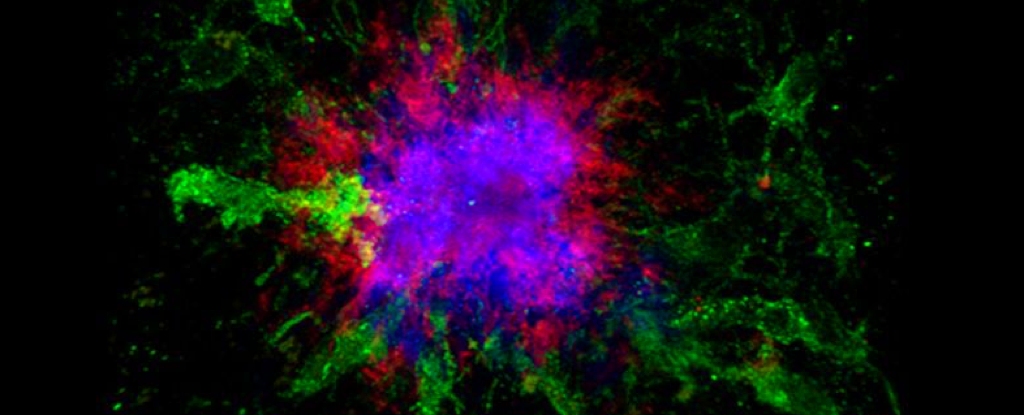Alzheimer’s currently affects around one in nine US adults over the age of 65, and the disorder is expected to become even more prevalent in the future.
While there’s no known cure for Alzheimer’s yet, scientists think they may have found a way to tackle one aspect of it.
In a new study, a team from the University of California, San Diego (UC San Diego) and the University of California, Los Angeles (UCLA) was able to reconfigure the circadian clocks of animals in a mouse model of Alzheimer’s, through a program of intermittent fasting.
Circadian clock disruption is one of the ways Alzheimer’s interferes with the body’s biological processes. People with the disease face changes to their sleep/wake cycle, often experience increased cognitive impairment and confusion in the evenings, and can have difficulty falling and staying asleep.
Current Alzheimer’s treatments don’t target this aspect of the disease, but it’s possible there might be other avenues to mitigate the issue.
When researchers put the mice on a time-restricted feeding schedule, the animals showed noticeable improvements in memory function. Meanwhile, amyloid proteins – long linked to Alzheimer’s – were less likely to accumulate in the brains of the fasting mice.
What’s more, the mice on the feeding schedule followed a more regular sleeping pattern, were less hyperactive at night, and experienced fewer sleep disruptions compared to mice who were allowed to eat at any time.
“For many years, we assumed that the circadian disruptions seen in people with Alzheimer’s are a result of neurodegeneration, but we’re now learning it may be the other way around – circadian disruption may be one of the main drivers of Alzheimer’s pathology,” says neuroscientist Paula Desplats from UC San Diego.
“This makes circadian disruptions a promising target for new Alzheimer’s treatments, and our findings provide the proof-of-concept for an easy and accessible way to correct these disruptions.”
The mice were only allowed to eat within a six-hour window each day. In humans, this would equate to fasting for 14 hours in every 24-hour cycle – and this seems to help to reset the natural circadian rhythms that Alzheimer’s had disrupted.
Changes were noticed right down to the molecular level too, with multiple genes related to disease and inflammation in the brain showing differences in the way they were expressed in the Alzheimer’s mice on a fasting schedule.
Adopting an intermittent fasting regime is something that people can do relatively easily, and relatively quickly – as treatments go, it’s fairly straightforward. If the same results are found in human trials, it’s another promising option to explore in the fight against this damaging form of dementia.
“Circadian disruptions in Alzheimer’s are the leading cause of nursing home placement,” says Desplats.
“Anything we can do to help patients restore their circadian rhythm will make a huge difference in how we manage Alzheimer’s in the clinic and how caregivers help patients manage the disease at home.”
The research has been published in Cell Metabolism.





